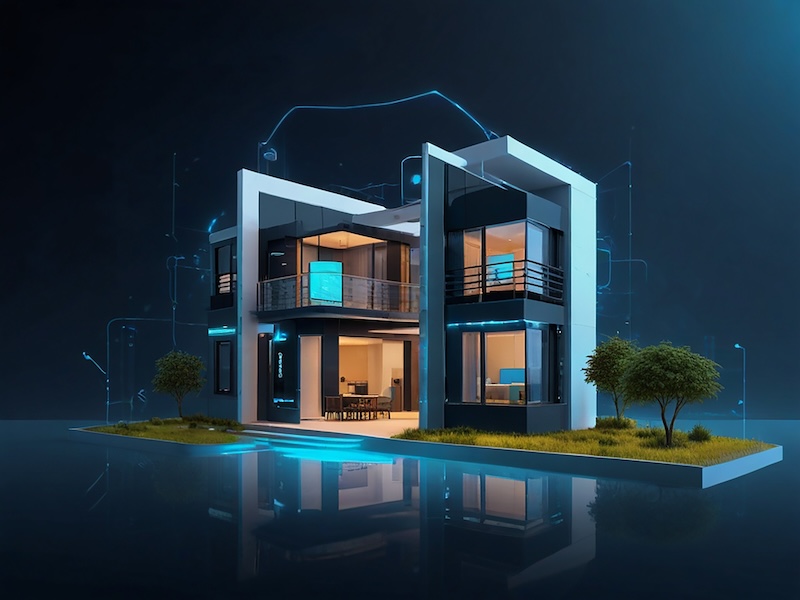The smart home industry refers to the sector of technology and consumer electronics that focuses on creating and delivering innovative products and solutions to enhance the connectivity, automation, and overall intelligence of residential spaces. This industry leverages advancements in technology, including the Internet of Things (IoT), artificial intelligence, and wireless communication, to create intelligent and interconnected homes.
The smart home industry continues to grow, driven by consumer demand for convenience, energy efficiency, and enhanced security. As technology advances, the industry is expected to introduce increasingly sophisticated and integrated solutions to meet the evolving needs of homeowners.

What smart home industry includes?
Smart home devices encompass a wide range of products, including smart thermostats, lighting systems, security cameras, doorbells, locks, and kitchen appliances. These devices are designed to offer enhanced control, automation, and energy efficiency.
Communication protocols such as Zigbee, Z-Wave, Wi-Fi, and Bluetooth are integral to the smart home industry. These protocols enable devices to communicate with each other and with central hubs or controllers, forming a cohesive smart home ecosystem.
Home automation platforms serve as central hubs that manage and control various smart devices within a home. Examples include Amazon Alexa, Google Home, and Apple HomeKit, which allow users to control devices using voice commands.
AI and machine learning technologies are increasingly integrated into smart home devices to enhance automation, improve energy efficiency, and provide personalized user experiences. Examples include AI-powered voice assistants and smart thermostats that learn user preferences.
Smart home security solutions include connected cameras, door/window sensors, smart locks, and alarm systems. These devices offer real-time monitoring, remote access, and intelligent alerts to enhance home security.
Smart energy management solutions, such as smart thermostats and energy monitoring devices, help homeowners optimize energy usage, reduce utility costs, and contribute to sustainability efforts.
User-friendly interfaces, including mobile apps and touch panels, allow users to control and monitor smart home devices. These interfaces provide a convenient way to manage automation, security, and other features.
The smart home industry is working towards establishing interoperability standards to ensure that devices from different manufacturers can seamlessly work together. Initiative like Matter (established in 2019 using the name Project Connected Home over IP or CHIP) is an industry-unifying, royalty-free connectivity standard created “to increase compatibility among Smart Home products, with security as a fundamental design tenet."
Ongoing innovation in the smart home industry introduces new features and functionalities, including smart mirrors, connected health devices, and integration with smart cities. Future trends may include advancements in robotics, ambient computing, and augmented reality.
Ready to explore?Get in Touch
The smart home industry continues to grow, driven by consumer demand for convenience, energy efficiency, and enhanced security. As technology advances, the industry is expected to introduce increasingly sophisticated and integrated solutions to meet the evolving needs of homeowners.